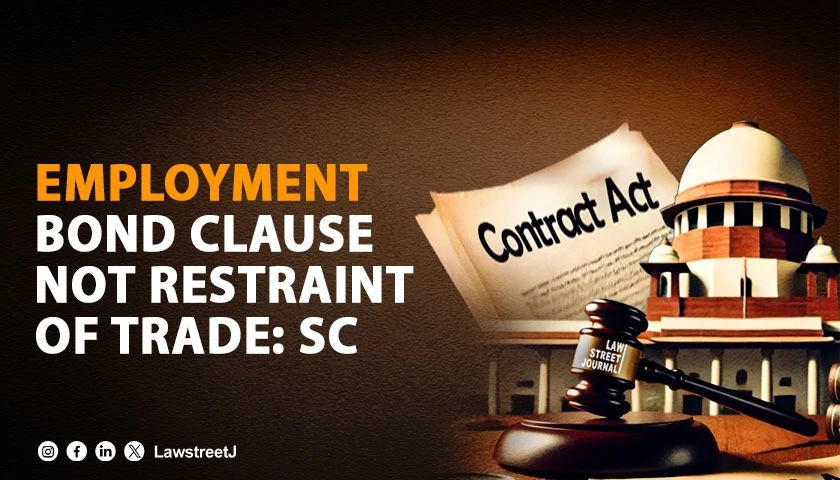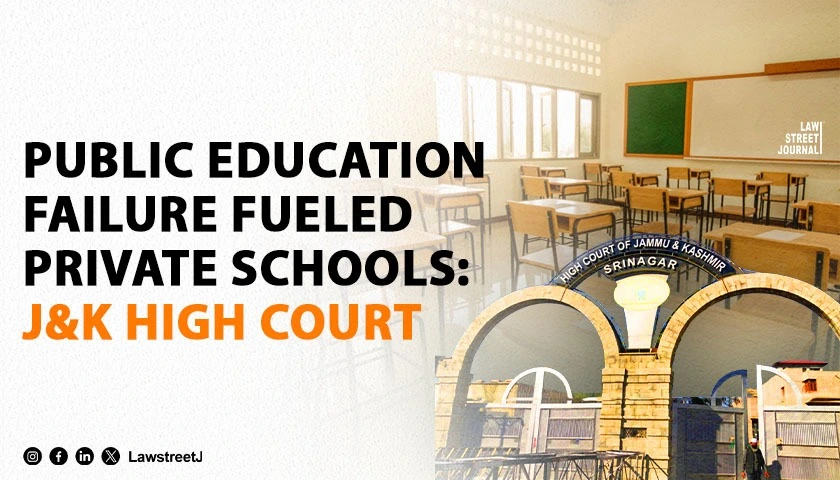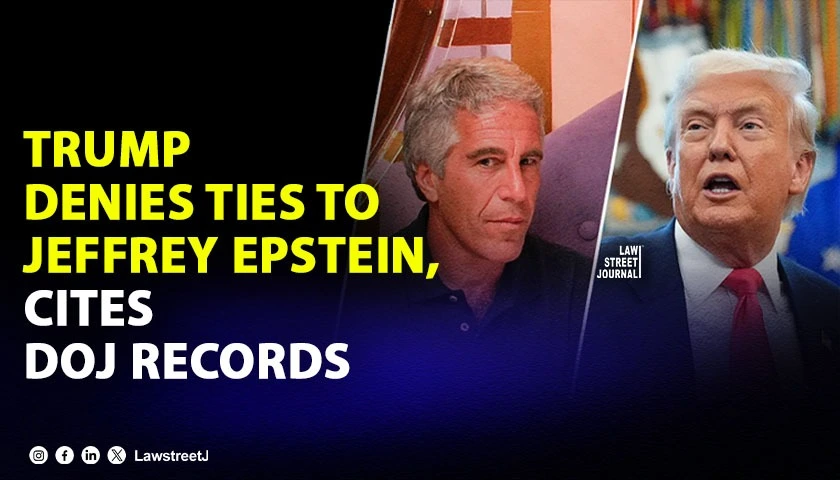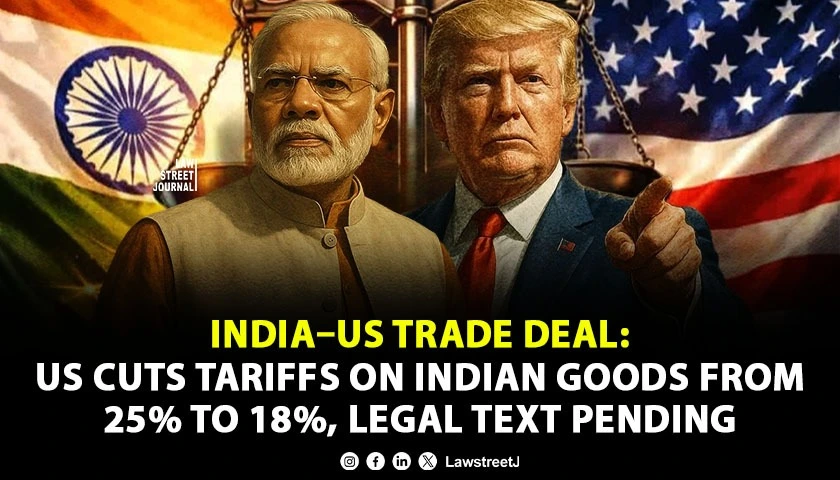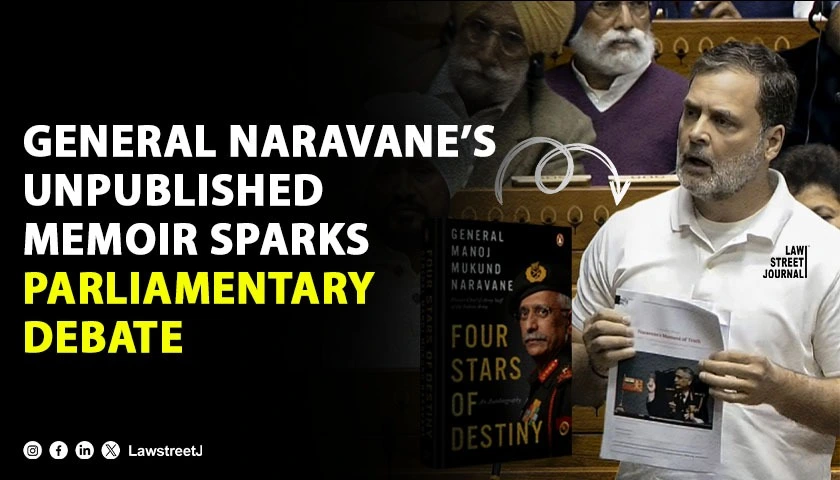New Delhi: The Supreme Court of India has upheld the validity of a bond clause requiring employees to pay liquidated damages if they leave employment before a stipulated period, ruling that such provisions do not amount to restraint of trade or violate public policy.
Justices Pamidighantam Sri Narasimha and Joymalya Bagchi delivered the judgment, affirming that restrictive covenants operating during the term of employment can be reasonable and legally enforceable.
The Court addressed appeals challenging a High Court judgment that had quashed an employment bond clause requiring an employee to pay ₹2 lakhs as liquidated damages if they resigned before completing three years of service.
Justice Bagchi, writing for the bench, noted:
“A plain reading of clause 11(k) shows restraint was imposed on the respondent to work for a minimum term, i.e., three years, and in default, to pay liquidated damages of ₹2 lakhs. The clause sought to impose a restriction on the respondent’s option to resign and thereby perpetuated the employment contract for a specified term.”
The Court further emphasized that the restrictive covenant “was in furtherance of the employment contract and not to restrain future employment. Hence, it cannot be said to be violative of Section 27 of the Contract Act.”
Addressing the public policy aspects, the Court observed that public sector undertakings like Vijaya Bank needed to compete with efficient private players in a liberalized economy, requiring “review and reset policies which increased efficiency and rationalized administrative overheads.” The Court found that ensuring the retention of efficient staff was essential to the bank’s interests.
The Court rejected arguments that the quantum of damages was disproportionate, noting that the bank would face “financial hardship due to untimely recruitment drives owing to premature resignations.” It acknowledged that as a public sector undertaking, the bank cannot resort to private or ad hoc appointments and must undertake “a prolix and expensive recruitment process involving open advertisement, fair competitive procedure” to comply with constitutional mandates.
The Court therefore set aside the High Court’s judgment, concluding that “the restrictive covenant in clause 11(k) of the appointment letter does not amount to restraint of trade nor is it opposed to public policy.”
Mr. Rajesh Kr. Gautam, Advocate, appeared for the appellants, and Mr. Rahul Chitnis, Advocate, represented the respondent.
Case Title: Vijaya Bank & Anr. vs. Prashant B Narnaware

